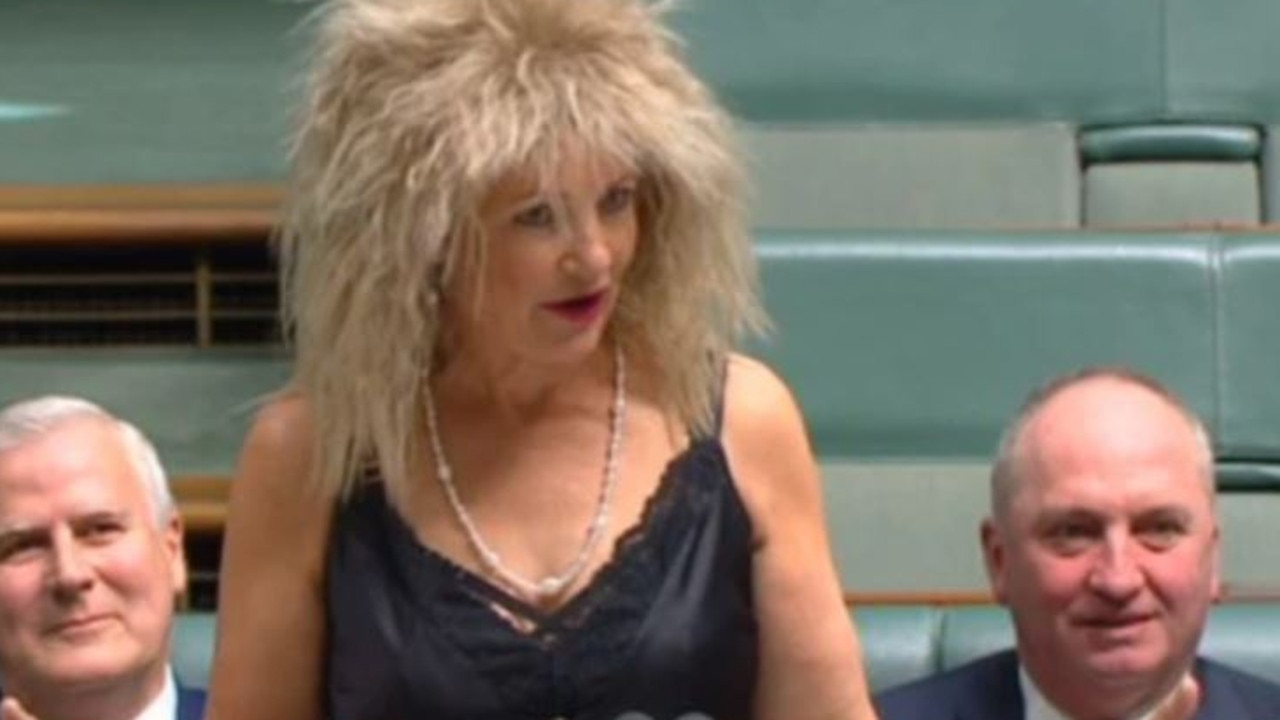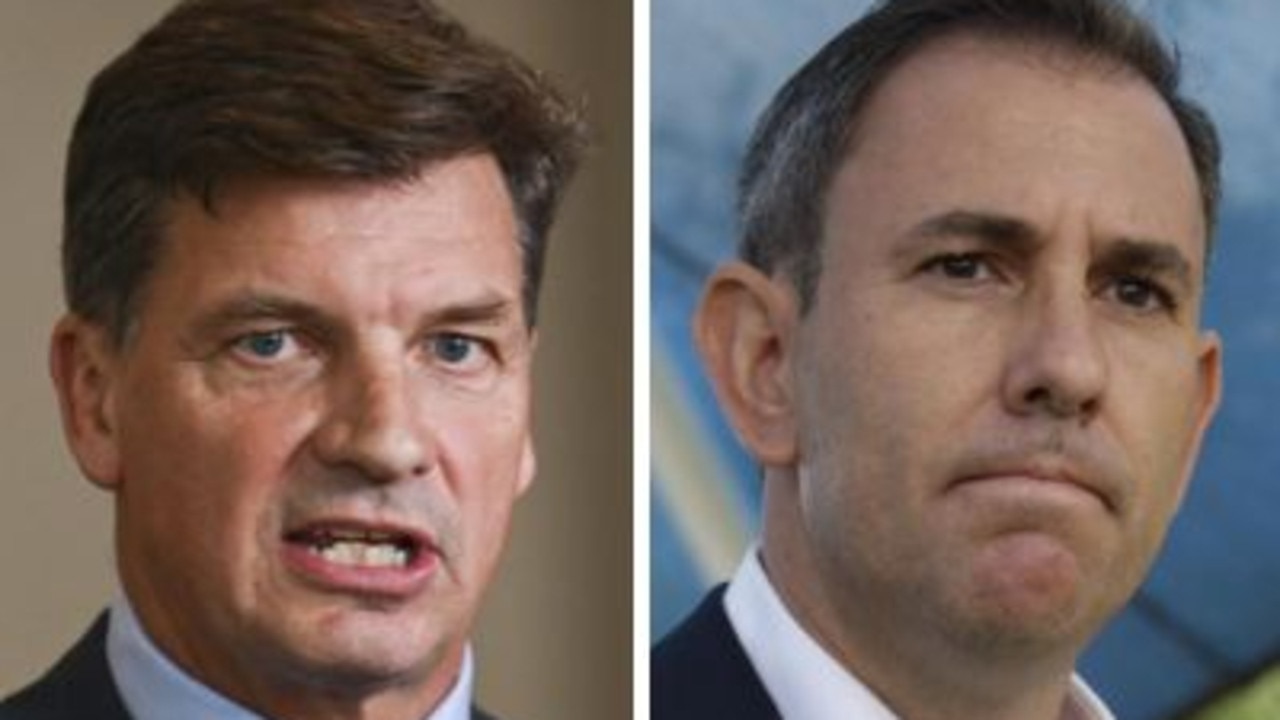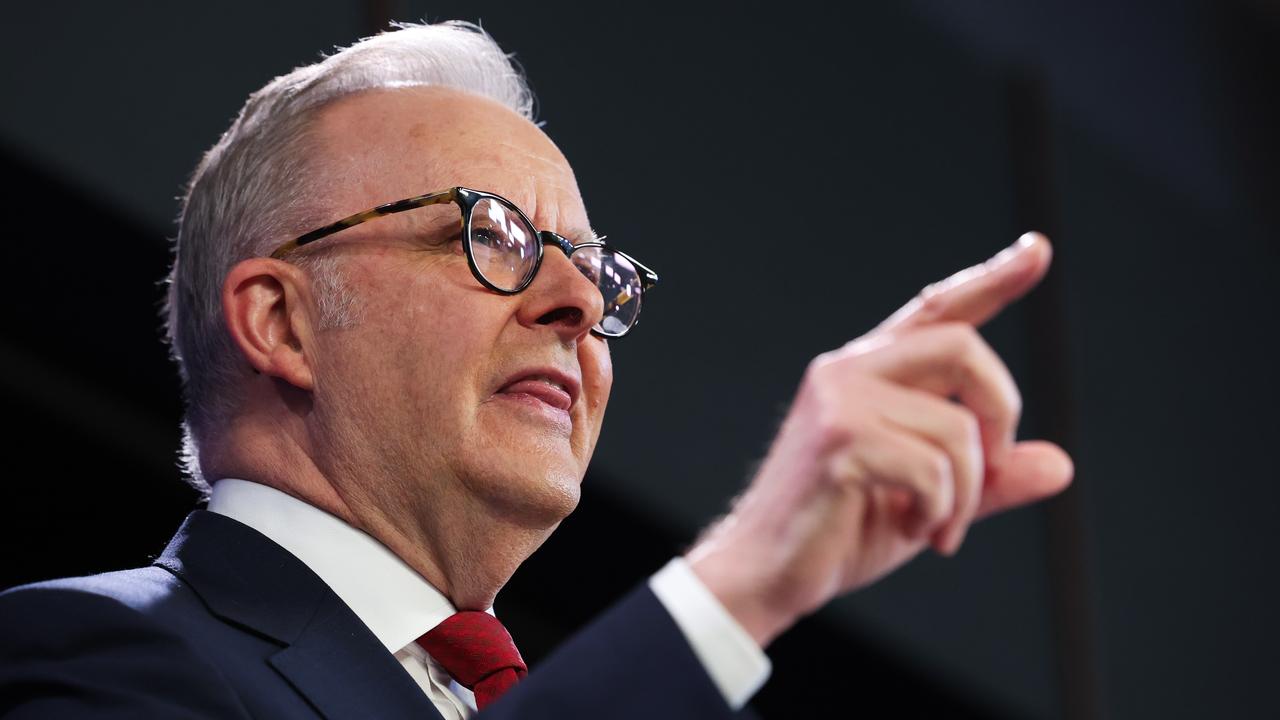Why the Budget is bull: Don’t count on any of the measures actually happening
THERE’S an awkward fact about the Budget that Malcolm Turnbull and Scott Morrison don’t want you to think about.
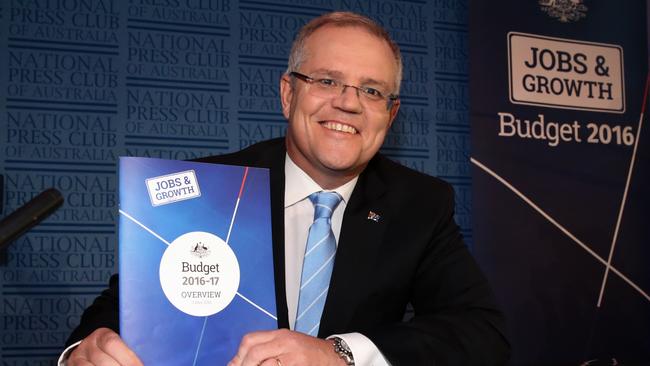
THERE are many things governments try to convince us of. The big one is that their plans will come true.
We notice this most at elections. Beforehand there are a lot of promises. After, broken promises litter the landscape. They claim circumstances changed, that they didn’t know the Senate would be so difficult, or there was an unexpected black hole in the finances.
But the yawning chasm between intent and outcome can open up without the excuse of an intervening election. Even with something as simple as an annual Budget.
FILED UNDER F FOR FICTION
The very best example is the 2014-15 Budget. Remember that? Joe Hockey promised a smorgasbord of incredible changes. They were a fantasy that was not going to come true. He might as well have had orcs and wizards rampaging across the land.
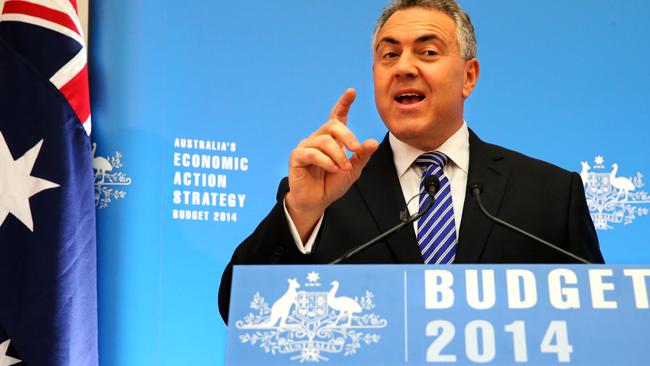
His budget documents turned out to be incredible in every sense of the word, and they didn’t happen. No GP co-payment. No $100,000 degrees, pension changes, higher drug prices, etc.
But this happens every year. Some items in the Budget to-do list simply aren’t checked off.
What plans in this Budget won’t come true? The most obvious choice is the company tax cut to 25 per cent over 10 years. If this government is booted out at the election in July it almost certainly won’t happen. Even if they hold onto power, the need for that revenue will probably mean their grand ambitions are quietly postponed.
Another plan that could be, ahem, “hopeful” is the multinational tax crackdown. The government reckons if it spends $200 million a year at the tax office, it can rip an extra $900 million a year out of big companies. OK, and maybe those tax officers will work hard and get even more than that. Or maybe, the big companies will turn out to have bright and nimble accountants that make their profits like quicksilver and, once again, all that revenue slips through our fingers.
PROJECTION, YOUR HONOUR!
The Department of Treasury makes a very interesting distinction between forecasts — what it thinks will happen — and projections.
It makes forecasts for the next two years. Things like real gross domestic product growth of 2.5 per cent and inflation of 2 per cent.
After that come the projections. These are slippery little numbers based on the long-run averages. So we see real GDP growth of 3 per cent and inflation of 2.5 per cent in the years of 2018-19 and 2019-20.
These will only come true if everything stays average. That is, they won’t come true.
One of the most important projections is nominal GDP (that is, GDP not adjusted for inflation). The higher it is, the more tax is collected. And it is projected to grow at 5 per cent in the last three years of the Budget.
That’s pretty high considering last year it grew at just 1.6 per cent. Smart people doubt nominal GDP will grow as fast as the projections, and for that reason it’s possible the government’s revenue estimates will fall far short.
LOST BEFORE YOU BEGIN
Anyone who has used Google Maps knows if the blue dot is in the wrong spot to start with, the directions it gives are total nonsense. You need to start from the right place to get where you’re going.
The Budget’s blue dot is off by billions of dollars.
It relies on what they call ghost measures. These are changes from past budgets that never happened but are still being counted as if they did.
A great example is the cuts to the Family Tax Benefit from the 2014. They were in the Budget and expected to save $1.9 billion over five years. But they got stuck in the Senate and the law never changed, so the savings never happened. But the Budget still counts the money as saved.
But really this is an election year, so soon political claptrap is going to be piling up to our ears. The Budget is really just a dusting compared to what’s coming down the pipe. Get ready.
Jason Murphy is an economist. He publishes the blog Thomas The Think Engine. Follow him on Twitter @jasemurphy.
Read related topics:Scott Morrison


